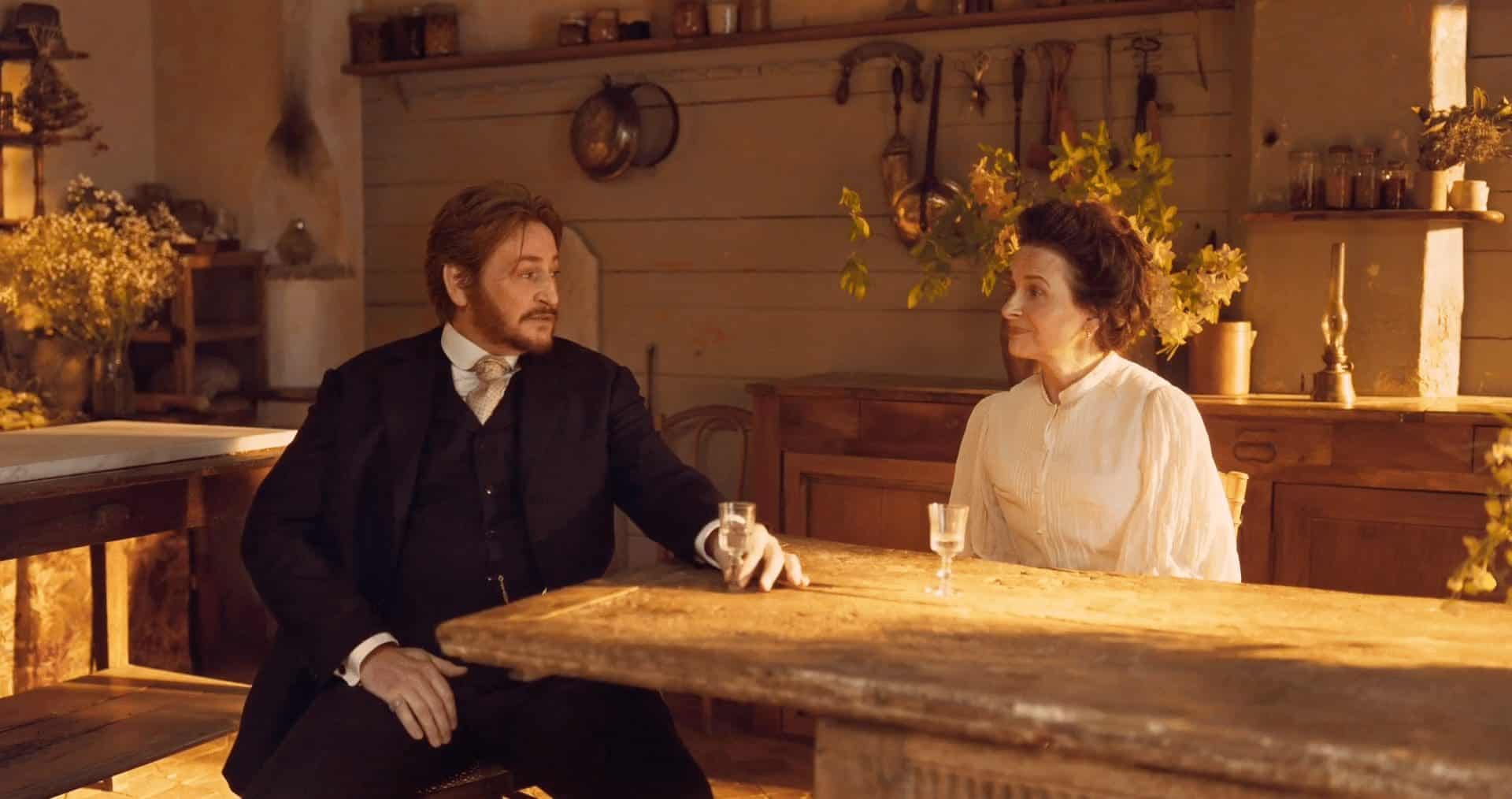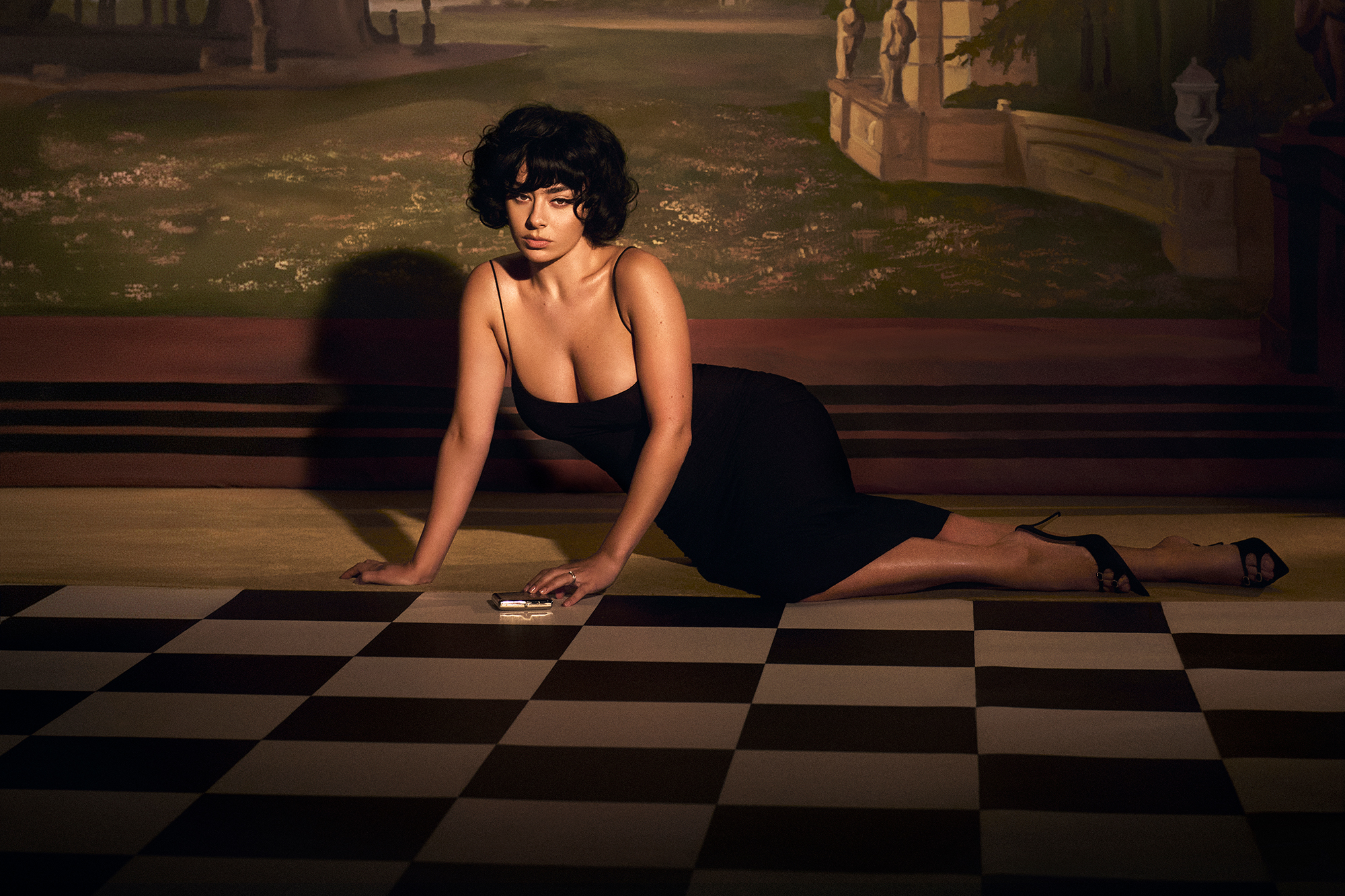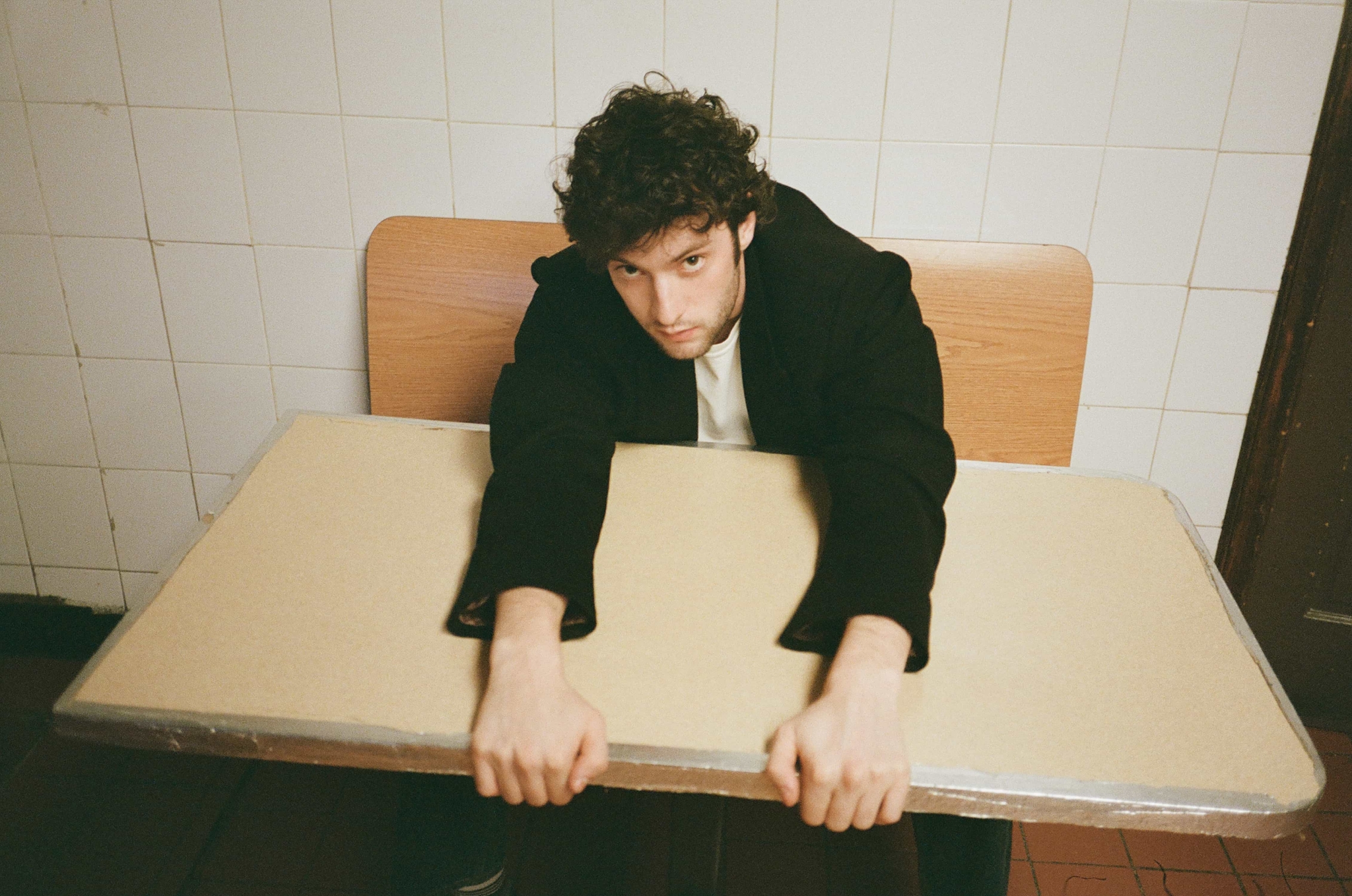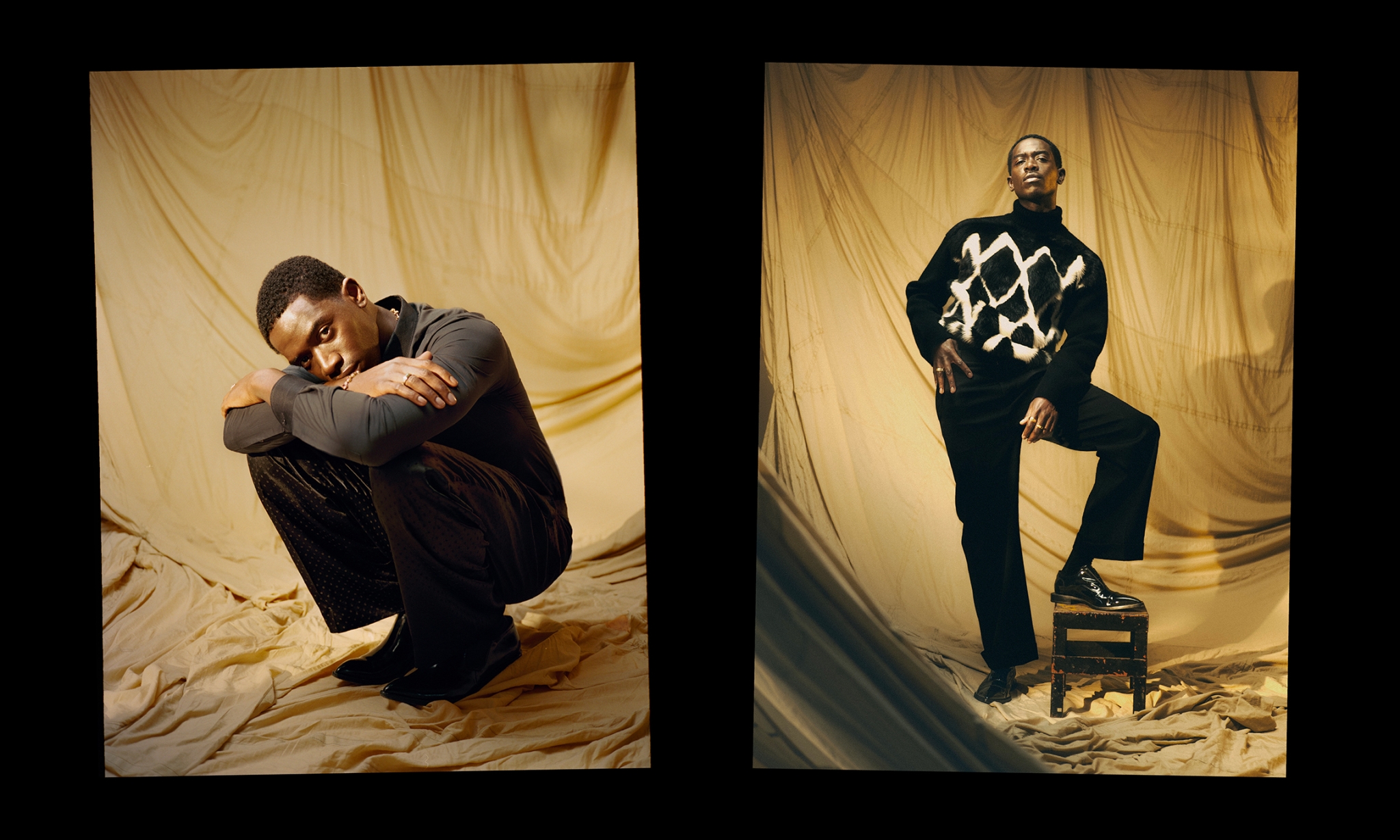
If love was a flavour, it would be bittersweet: which is the taste that stuck to my mouth long after I floated out of Tran Anh Hung’s ultra-romantic, tragic film about two French cooks. For years, not a single film has given me the rush of falling inside a world your mind must remind you is simply fiction.
Director Tran Anh Hung is a francophile from Vietnam, a foodie filmmaker made famous with the PalmeD’or prize winner The Scent of Papaya (1993). In The Taste of Things, France’s Oscar-snubbed nomination, Hung adopts the story of a Belle Époque chef Dodin (Benoît Magimel)—a man who dines for the sheer pleasure of it—to turn The Taste of Things story into a love letter about simplicity. The ingredients are as straightforwardly thrown in as its alternative title (The Pot-au-Feu) suggests: there’s Dodin, his rustic chateau, illness, and his chef and lover Eugénie (Juliette Binoche).
Hung’s movie possesses the wonderful sense that it could begin at any stage of his two character’s life and still grip you. Dodin’s ambition is to cook, eat, and discuss food. In the autumn years of his life, Eugénie, has become the love of his life. Slaving away at the back of his kitchen, preparing each lavish meal he hosts while hiding her growing illness, Eugénie is felt in every perfect dish that lands on the ornate dinner table Dodin hosts above her.
Is the premise a bit patriarchal? This is a bit like asking if the French cheat on their spouses. The movie is too romantic to care—quite simply, Dodin and Eugénie love to eat and cook together, and the film is happy to indulge in intimate kitchen sequences that have the hypnotic allure of an ASMR video. Eugénie, sick and delicate, also holds the emotional power while she staves off Dodin’s proposals for marriage. Crucially, the feeling of them as soulmates is utterly believable. The actors Binoche and Magimel were once, famously, married. Re-united on-screen, the former couple’s on-screen chemistry makes other romantic acting seem like amateur science experiments.
They lose themselves in the food they make together, in their bedroom knocks, their moonlit smokes. Hung, like Wong Kar- Wai, is one of those sensual directors that can make you feel a mood from the back of your hair down to your fingertips. Yes you can taste every meal and bite served in front of your eyes, but the blend here is anticipation, joy, misery—and something almost mystic. In the chateau’s mauve stonewalled kitchen, I would bet Binoche and Magimel felt every bit of it too.
In a final romantic twist, Hung’s wife, Tran Nu Yen Khe, who starred in The Scent of Papaya, is also the film’s production designer. This film—which has everything and nothing to say about cooking—would fall flat if it relied only on words. The camera floats close to the shoulder, like a guest at a table. Every sense is used. French is always musical to listen to, but the sound of meat, fat and spring onions, or the cries of birds, take on a special cadence; at the end of each dish, sunshine spreads through a mauve stonewalled kitchen like it’s paradise. By the film’s climax, love becomes almost a form of synesthesia.





